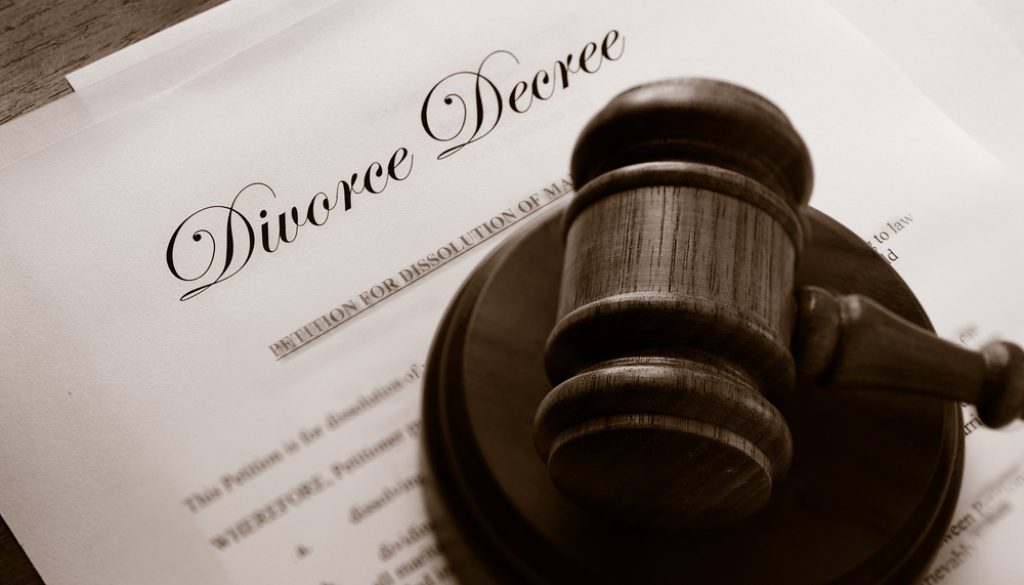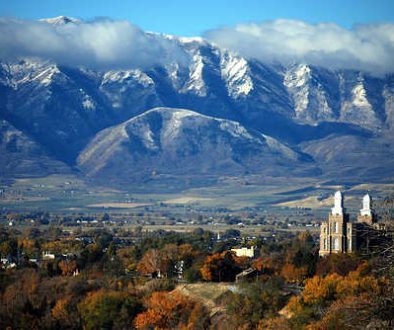Protective Orders
Protective Orders
Domestic abuse is one of the most difficult circumstances that someone can experience. When one is being abused by his or her spouse, it can feel as though there are no options. There are a lot of resources in Utah, including counseling, shelters, and legal remedies. One legal option for someone who is experiencing abuse is to obtain a protective order.
What is a Protective Order?
A protective order is a judicial order that can provide relief for someone who has experienced abuse by requiring an abuser to either stop certain behavior or to take certain action.
Who is eligible to get one?
According to Utah law, any cohabitant who has experienced abuse or domestic violence or who has a substantial likelihood of abuse or domestic violence is eligible to seek a protective order. The law defines cohabitants as people who have lived together, current or former spouses, relatives by blood or marriage, or parties with a child in common or who are expecting a child together. It also defines abuse as causing or attempting to cause physical harm or placing someone in fear of imminent physical harm. Domestic violence is defined more broadly to include any criminal offense involving violence or physical harm when it occurs between cohabitants, as defined above.
Those who have not lived with their abuser and who do not have a family relationship with their abuser are eligible for a dating violence protective order.
Why get a Protective Order?
Protective orders are legal tools that can help increase safety for victims of abuse and their families. Protective orders can include provisions that require abusers to stop the abuse, to stop contacting the victim, and to avoid certain locations to minimize the chances that the victim and abuser will have to interact.
In addition, for cohabitants, temporary protective orders can provide additional legal relief that can support a victim who is leaving an abusive relationship. Orders may grant victims with temporary possession of any property, including a home, car, or other personal items. If the parties have children in common, the order can also include provisions regarding custody and support. There is some limitation on the duration of certain relief. The court can only grant child custody, child support, and/or spousal support for up to 150 days.
According to Utah law, protective order provisions fall into one of two categories: civil and criminal. Abusers who violate criminal provisions of the protective orders, such as those prohibiting contact or abuse, will be arrested and are subject to criminal charges. If abusers violate civil provisions of a protective order, such as provisions regarding custody or support, they will be subject to contempt proceedings.
Protective orders can provide victims with the support and protection that they need in order to successfully leave a relationship and to stay safe. If you or a loved one is experiencing abuse, it can be difficult to know what your next step should be. Our northern Utah attorneys at Harris, Preston & Chambers, LLP can help you understand what options are available to keep you and your family safe. Contact us for a consultation today in Salt Lake City, Ogden, or anywhere in northern Utah.
Contact your Logan, Utah construction attorneys at Harris, Preston & Chambers, LLP today by calling (435) 752-3551.



